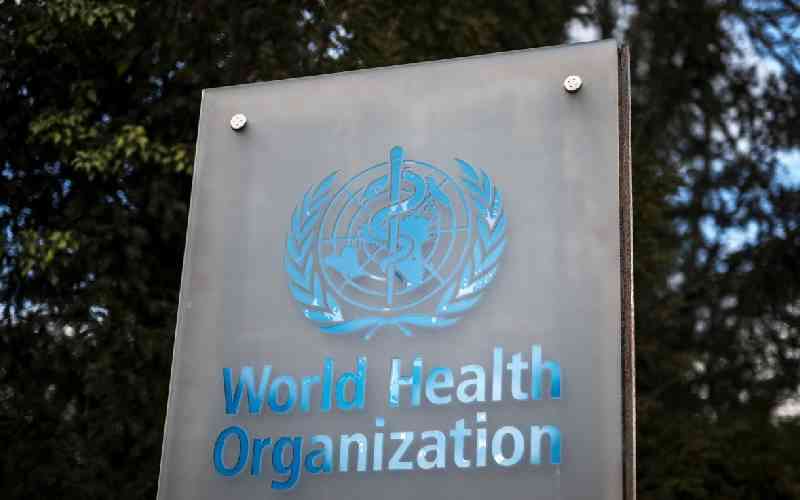Anxiety over coronavirus outbreak remains high mainly due to increased interaction between Kenyans and the Chinese.
With two daily non-stop flights between Nairobi and Guangzhou, China, the panic in Kenya may be understandable.
But while Kenyans are worried over importation of the virus from China, evidence shows the threat of an outbreak is even bigger from within.
Local camels
Scientific evidence shows six of the seven known human corona viruses, including the fatal SARS and MERS, have recently been confirmed in Kenya.
Corona viruses, local health experts say, present a real danger especially due to climate change and increasing incidence of Kenyans eating illegal and uninspected game meat.
In October last year, researchers from Wuhan Institute of Virology, China, and Kenya’s Agriculture Ministry found local camels positive for MERS-CoV and HKU8rCoV.
“For the first time, we demonstrate the presence of a HKU8rCoV infection in camels,” says the study.
Another study by researchers Ying Tao and Suxiang Tong of CDC last year confirmed the presence of SARS-CoV in local bats.
“Our study demonstrates that the SARS-related CoVs that were identified from Rhinolophus bats in China and Europe were also present in Kenyan Rhinolophus bats,” says the study in the journal Microbiology Resource Announcements.
In 2015 a study involving, among others the International Livestock Research Institute (ILRI), Nairobi, researchers reported MERS-CoV in local camels.
A year later, the Ministry of Health, ILRI and others in the journal Emerging Infectious Diseases reported two people in Garissa and Tana River counties testing positive for Middle East Respiratory Syndrome.
The authors however said the infected people neither showed signs nor felt any illness and had not been a threat to public health.
“This is the first time MERS-CoV antibodies have been detected in humans in Africa who had no known connection to the Middle East,” wrote Susan Macmillan, ILRI head of public communications.
Circulating widely
The Kenya Medical Research Institute (Kemri) has also confirmed less severe corona virus-related pneumonia among children attending hospitals in Kilifi County.
“In this coastal Kenya setting, HCoV-NL63 exhibited low prevalence in hospital paediatric pneumonia admissions,” wrote KEMRI scientists in the study published in 2018 in Journal of Infectious Diseases.
In the same year a large study by United States Army Medical Research Unit-Kenya and several other local research institutions, investigated 10,000 nasal passage samples collected from local hospitals.
The study confirmed that sub-types of the four less severe corona virus, 229E, NL63, OC43, and HKU1 were circulating widely in Kenya.
Following the increasing threat of animal disease jumping to humans, in 2011 the ministries of agriculture and health as well as the Kenya Wildlife Services, created the Kenya Zoonotic Disease Unit.
But a recent evaluation by Kemri, ILRI and Busia and Bungoma county governments says the initiative “lacks integration between the various sectors, leading to disease under-reporting and inefficiencies.”
 The Standard Group Plc is a multi-media organization with investments in media
platforms spanning newspaper print
operations, television, radio broadcasting, digital and online services. The
Standard Group is recognized as a
leading multi-media house in Kenya with a key influence in matters of national
and international interest.
The Standard Group Plc is a multi-media organization with investments in media
platforms spanning newspaper print
operations, television, radio broadcasting, digital and online services. The
Standard Group is recognized as a
leading multi-media house in Kenya with a key influence in matters of national
and international interest.











